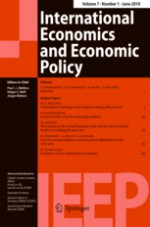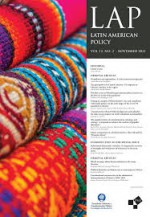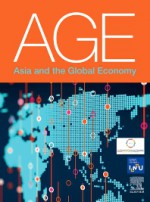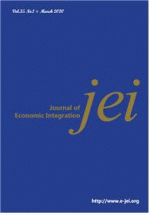Balancing Free Trade Principles with Other Constitutional Provisions in the Context of Preferential Trade Agreements
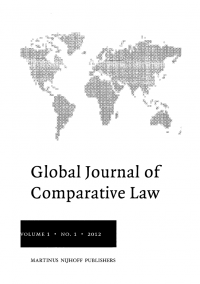
Colombia’s Constitution of 1991 is an ambitious text which tries to strike a balance between laying a strong foundation for economic modernization and liberalization, on the one hand, and the creation of a Social State of Law and the protection of an impressive list of constitutional rights, on the other. Because of the doctrine that has been developed by the Constitutional Court since then, it has been considered as one of the most activist courts worldwide, next to courts such as the South African court. One of the factors that has thereby complicated its task is the fact that, since the 1990s, the government has actively multiplied its international economic commitments. In this article, case law of the Colombian Constitutional Court is analyzed, with a focus on balancing: (a) between the binding character of (regional and bilateral) free trade commitments and the constitutional competences of the sub-national level, and (b) between international free trade commitments and the protection of constitutional social rights. Both cases shed light on the balancing task of the court in a complex international context, in the presence of a multi-level regulatory architecture.

